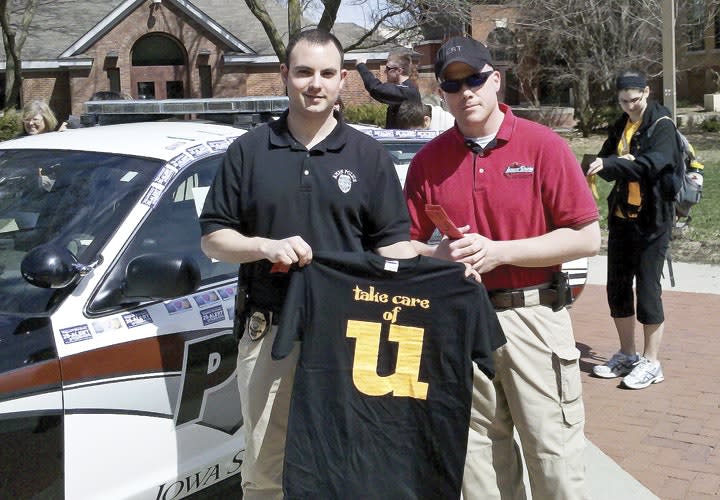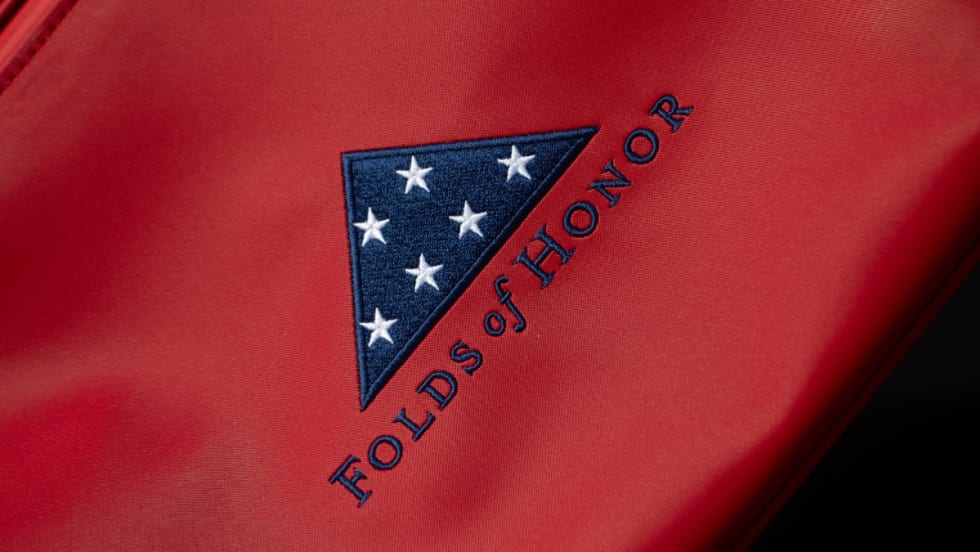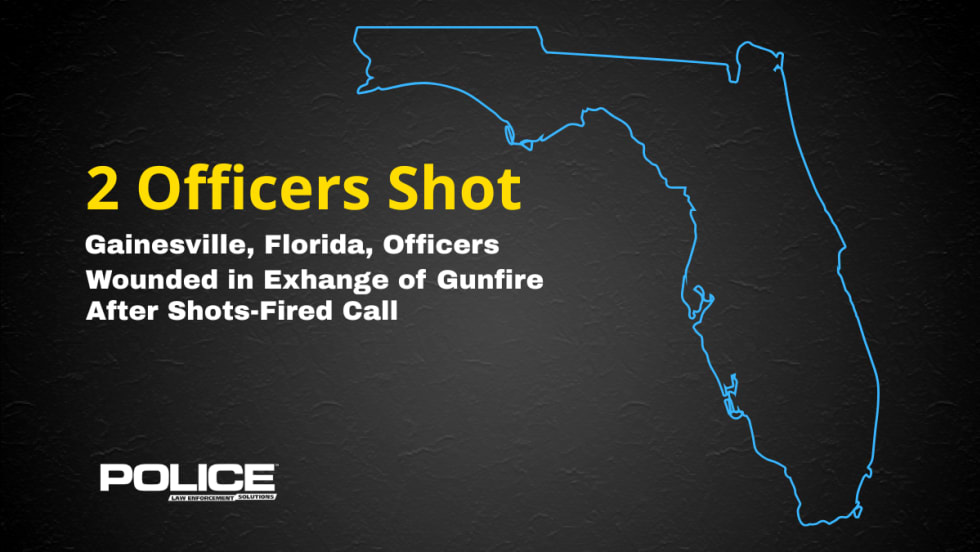If you're an officer working in a college town, you need to understand the operational differences and similarities between your agency and that of the local campus police or security force so you can all work together effectively.
If there is an active shooter incident in your jurisdiction, you want to make sure you know how best to respond, including how to best coordinate with other local agencies. This is also true if you have a college or university in your area.
A university campus is often like a city within a city, with its own geography and distinct population comprised of students and staff. So it's no wonder that 92% of public universities and 38% of private universities maintain their own police departments. Any campus officers and officers from the cities surrounding these campuses must coordinate regarding a wide range of matters to meet everyone's needs.
If you're an officer working in a college town, you need to understand the operational differences and similarities between your agency and that of the local campus police or security force so you can all work together effectively. That requires ongoing communication and training, at all levels.
Riot Control
In a college town, most major incidents on and around campus arise during student celebrations, including house parties, parades, and festivals. This is why in Kent, Ohio, the city and university police departments focus mainly on training together in crowd control, says Lt. Jim Prusha of the Kent Police Department, whose duties include serving both as his agency's training coordinator and public information officer.
Coordinating response to student parties that got out of hand used to be an issue in Kent. Some Kent State University police who were in charge of riot response teams were too soft on the students and didn't focus enough on enforcement, Prusha says. One recent incident in particular resulted in vandalism and major property damage. But both agencies have adjusted their approach and improved training to address the issue.
"One of the things we've changed is now if an event is held off campus, a crowd control team might be made up of Kent State officers, but we head the teams with Kent city officers," says Prusha. "Shortly after that occurred, during summer break we had significant training on riots and dispersion and less-lethal deployment. It's been pretty well remedied since then."
Similar problems have occurred during Iowa State's student-run Spring festival called VEISHEA (pronounced "VEE-sha"), says Police Commander Jason Tuttle of the Ames (Iowa) Police Department. He serves as PIO and commander of the detective division.
After riots in the 1990s and in 2004 caused a great deal of property damage, Ames PD and Iowa State officers changed their tactics. This included moving events onto campus and away from the site of most of the problems amid bars and student housing in Campustown and implementing yearly police-led campaigns to build relationships between students and the police, including running ads and giving out free T-shirts.
Despite a good track record in recent years, after a riot during the 2014 event resulted in one injury the university president permanently canceled VEISHA and retired the use of its name, in favor of a different Spring celebration. But both Iowa State Police and Ames PD are still working together to promote good relationships between the students and police.
Tuttle says the two agencies' community outreach officers encourage student input, including selecting the year's education campaign theme. They schedule events that make clear what university and city police expect of students, while keeping it fun. "They hand out T-shirts and trinkets that promote the annual safety campaign," Tuttle says. "A lot of students live off campus, so between our two agencies we're reaching a broad spectrum of people in our jurisdictions."
Most campus police forces and their local city agencies also train together in active shooter response, including the new standard of single-officer response. And both generally receive the same academy training at the outset of their careers, which is a good foundation to draw from.
Keeping Up Communication
Beyond training, most university police departments keep up to date with area agencies by having regular meetings with members of their local city police departments. This helps them not only share information related to ongoing investigations, but also to cement relationships among officers.
"The time to be exchanging business cards is not when you're at the command post of a major incident," says Chief Kevin Foust of the Virginia Tech Police Department. "You should talk with everyone beforehand as you train and work together. Those relationships should already exist."
To this end, the Virginia Tech Police Department sometimes does joint roll calls with the Blacksburg Police Department and shares intel between Blacksburg and campus officers via e-mail and in other ways. The two chiefs have a working lunch once a week, and the agencies' command staffs attend a joint monthly meeting to discuss any issues.
"Va. Tech has 30,000 students, but only 9,000 live on campus. It just makes sense that we work together," Foust says.
One way many agencies stay connected is through literal communications on their radios every shift.
"We have separate dispatch on the same radio frequency. It helps keep everybody aware of what we're doing," says Prusha of Kent PD. But there are times when being on the same frequency causes problems. Prusha once came upon a large fight and wanted to radio for backup before getting involved for safety reasons, but there were too many officers already talking on the frequency so he couldn't get through.
All four law enforcement agencies in Montgomery County, Va., are currently in the process of establishing a joint 911 call center to improve coordination as well as save costs. This will include the Virginia Tech and the Blacksburg, Va., police departments. All agencies are already on the same radio band frequency and many of their officers and dispatchers are already familiar with each other, so they feel the transition will go smoothly and immediately benefit all involved.
Differing Responsibilities
Despite their many similarities, campus police officers generally have a different focus than officers at municipal police departments because they must meet the needs of students and faculty on a daily basis. While they do respond to crime scenes, this is usually not the most common type of call for them.
"I would say they do more service-oriented tasks," Prusha says of the Kent State University Police. "For example, if a professor loses his keys, they'll open doors for him. If their financial office is making a trip to the bank for a deposit, they'll escort them there. On the Kent Police Department we'll do community policing, but we have more of a focus on enforcement."
Unfortunately, the state of Idaho doesn't allow for university campuses to have their own police forces. This means officers on the Idaho State University campus are very different from the Pocatello (Idaho) Police Department that technically has jurisdiction over the university. "I think it would be a great idea to be a police department, but in Idaho that would take an act of legislature," says Cal Edwards, interim director of the Idaho State University Department of Public Safety. He heads up a security force, despite the fact that the name sounds like a police force. He would like to change the name to better reflect what his officers are able to do.
"My feeling as a campus safety director is that we escort people to their cars late at night, take reports, respond on emergencies—fire and medical—and respond to help people on campus," says Edwards. "We are not a police department, we are security. We do building checks."
Interestingly, Idaho State University security officers have always had the training and certification to carry firearms, and receive the same initial training as police officers, but they only began carrying sidearms on duty last July. This was instituted after a new law allowed citizens to obtain a concealed carry permit that allowed them to carry on campuses. "Once the legislature made that legal, that meant the public could carry but my employees couldn't," Edwards says. "They're still not a police department, but now they are armed. It's an officer safety issue."
Federal Regulations
But even campus police forces with full arrest powers operate differently than city police departments. They're serving a different demographic, and are also required to follow different federal guidelines. Title IX and the Clery Act are the most significant of these.
"On campus, the biggest thing I see is meeting the Clery Act, the reporting system all campuses have," says Edwards. "Police departments don’t have to submit this type of a government report. We're responsible for reporting rape, robbery, and other crimes that occur on campus." And as part of Title IX, campuses must conduct their own investigations into any reported sexual assault. This is completely separate from investigations conducted by the local city police department.
"It doesn't change the way they do police work, but it changes the policies and procedures they must adhere to," explains Chief Anthony Wilson of the Blacksburg (Va.) Police Department. "Lots of decisions are made on college campuses because they need to be. You must take time to understand that. And once you understand the intricacies of how they do their jobs, you can understand how to mesh your talents, and your personnel together."
Campus Security Resources
Campuses with security officers depend on their local police departments to provide enforcement and step in to lead incident command in the case of a large-scale emergency. But Officer Jeff Futo of the Kent State Police thinks it's important to note that security officers and other campus staff still have much to offer. Futo coordinates emergency services and safety and security with the regional Kent State campuses throughout the state of Ohio. Unlike the main Kent State campus, regional campuses do not have their own campus police force. They instead employ security officers.
Campus security officers at Kent State's regional campuses can help local police navigate the campus because they know the geography so well, including the interiors of buildings. If a major incident occurs on campus that the press wants to report on, for example, security staff can also run a media staging area, taking this task off the plate of already busy police department officers.
"Understand they have things to offer you," says Futo. "They have information and resources that extend potentially beyond what you see." For example, in southern Ohio Kent State has a small one-building regional campus, but the security staff's resources include those of all the other connected campuses, including the Kent campus with its own police force. "We have lots of people with lots of training, experience, and abilities from facilities to police work, to help in emergencies, and resources and equipment."
The same holds true for campus police departments. It benefits everyone for municipal and county police departments to understand how they can work with campus officers both on a daily basis and when major incidents occur. Having a mutual respect for each other, regardless of the uniform being worn, allows officers to best serve all of the citizens in their area, both on and off campus.













